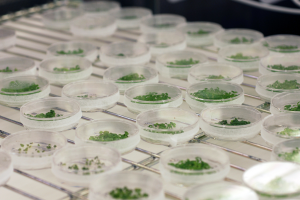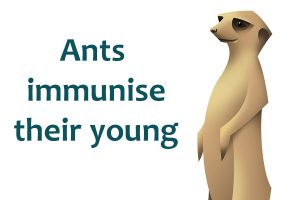Genetically Modified Myths Examined

Five common misconceptions about GMOs explored and explained by geneticist James Lloyd
Genetically modified organisms (GMOs), especially plants, get a lot of hate. People – even some very environmentally conscious people – seem to fear or hate GM crops. Yet, as someone who is very worried about climate change, very worried about the human-induced mass extinction event that is happening before our eyes, and worried about the livelihoods of farmers and about those people that have so little food they go to bed hungry every night, I see GM crops as part of the solution, not something to fear. So I wanted to address some of the big myths about GM crops you see discussed on the internet and evaluate whether there really is anything to all the anti-GM hype.
Continue reading

